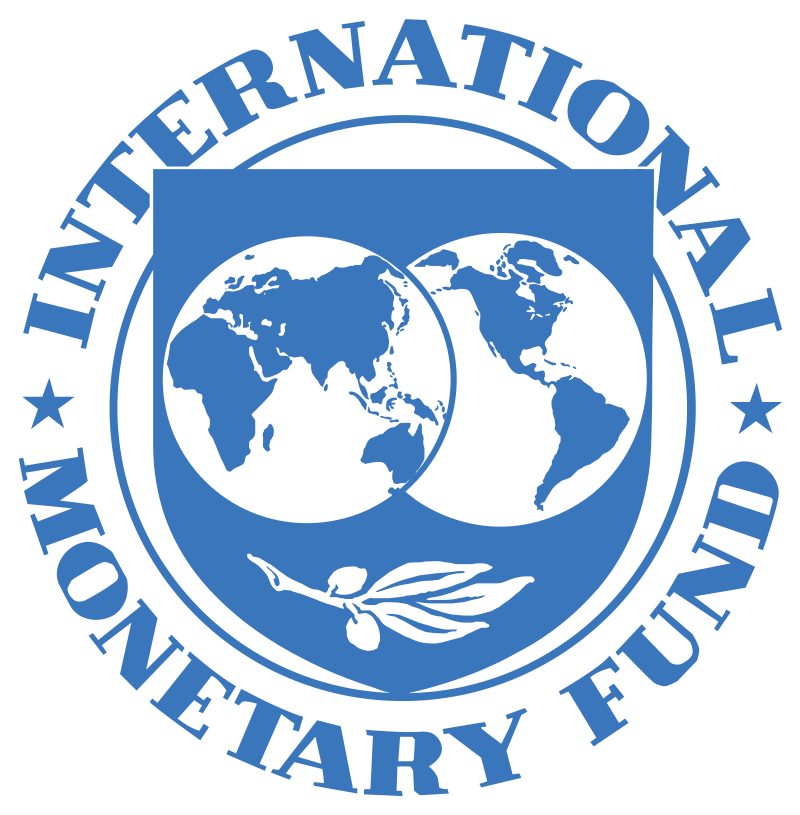Jamaica and the International Monetary Fund (IMF) have reached a Staff Level Agreement that will enable the Government to access approximately US$1.7 billion under the IMF’s Precautionary and Liquidity Line (PLL) and Resilience and Sustainability Facility (RSF).
This provision is being made at the Government’s request and forms part of the policy response to prevailing global shocks. The request is expected to be considered by the IMF’s Executive Board in early 2023.
The Agreement was reached during in-person and virtual meetings between IMF executives and government officials, from December 5 to 15, to conduct the latest Article IV Consultation.
It will see the Government accessing approximately US$967 million under the PLL and about US$763 million through the RSF.
The PLL will provide valuable insurance to Jamaica against downside risks, including those arising from extreme weather events, while the RSF will help support the country’s ambitious agenda to increase resilience to the effects of climate change, transition to a zero-carbon economy, and catalyse official and private climate-related financing.
Minister of Finance and the Public Service, Dr. the Hon. Nigel Clarke, in a statement said that Jamaica is in a different era of its economic development where the Government anticipates disruptive events and provides for them.
Consequently, he said, the Administration has instituted a natural disaster strategy, capitalised a national disaster fund, and launched the first global catastrophe bond independently sponsored by a small country.
The Minister noted that “these financing arrangements are designed to protect us from natural disaster shocks”.
He pointed out, however, that “thinking ahead”, the Staff Level Agreement was reached for the RSF and PLL, “to ensure that our development can proceed and continue, even in the event of possible external shock”.
“This is an engagement of choice. These are not arrangements that we have to make, but rather financing we are choosing to take advantage of to keep us strong, to build our economic and climate resilience, to create buffers, to expand our fiscal space, to broaden our options, and to help us prepare in advance for any adverse external development that may arise,” the Minister outlined.
He assured that these arrangements “will not interfere with our already planned programmes and activities”, adding that “it is and will be business as usual, with the ability to access financing if the global outlook worsens”.
“With God’s continued guidance, we are taking charge of our economic future; and even in a time of great economic recovery and expansion and job creation, we are making preparations for possible shocks in the same way that strong and empowered countries do,” he said.
The IMF, in a statement, said the Government’s response to the recent shocks associated with the COVID-19 pandemic has been “well designed” and “nimble” and aimed to contain inflationary pressures, support those worst hit by the increase in the cost of living, and steadily reduce the public debt.
The organisation noted that the country’s efforts have facilitated a steady recovery in growth and job creation, despite the difficult global environment.
The IMF said that the measures “have struck the right balance in responding to shocks, protecting the vulnerable, countering inflationary pressures, and securing debt sustainability”, while pointing out that “the authorities continue to improve their policy frameworks”.





